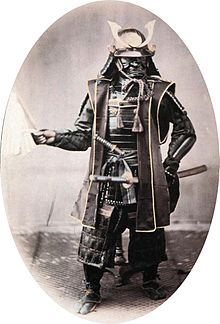Gogol
finishes on a good note. As evidenced in the closing pages of the novel, The Namesake, by Jhumpa Lahiri, Gogol
comes full circle. He begins his life as a baby named Gogol in a little house
on Pemberton Road in Massachusetts, and the novel ends as him accepting his
given name, Gogol, and once again in his bedroom in the house on Pemberton
Road. His mother also experiences a similar cycle. Both cycles are
representative of their experiences assimilating into America. Gogol is
struggling, for the larger part of the book, to find peace within himself.
While his mother, Asthima is struggling to allow herself to find comfort in
America. While Gogol finds peace with himself, his mother does not. This is to
be expected as Gogol was born and raised in America while his mother is native
to Calcutta, India. Each character represents different experiences immigrants
have.
Gogol’s
experiences are progressively more depressing, particularly with his
relationships. Likely the author, Lahiri, is trying to highlight the
difficulties that immigrants face when looking for love.
The Namesake is a uniquely normal book.
Many books seek to deliver an overarching moral to the reader, or possibly try
to evoke a certain emotion. There are tragedies, comedies, mysteries, dramas,
and so on, however The Namesake
belongs in a category of its own. It’s quite simply, real life. The author
writes with a confident hand and makes no efforts to embellish her writing or
speak effusively. Consequently, her writing is shockingly relatable (regardless
of our heritage) and easy to read. The novel is reminiscent of a personal
journal that the author decided to develop into a book.
The Namesake illustrates how talented an
author Lahiri is, and makes us wonder what kind of literacy masterpiece she
could create if she so chose to. As The
Namesake is simply superb, relatable writing; Lahiri has the ability co
create literature on an epic level.





